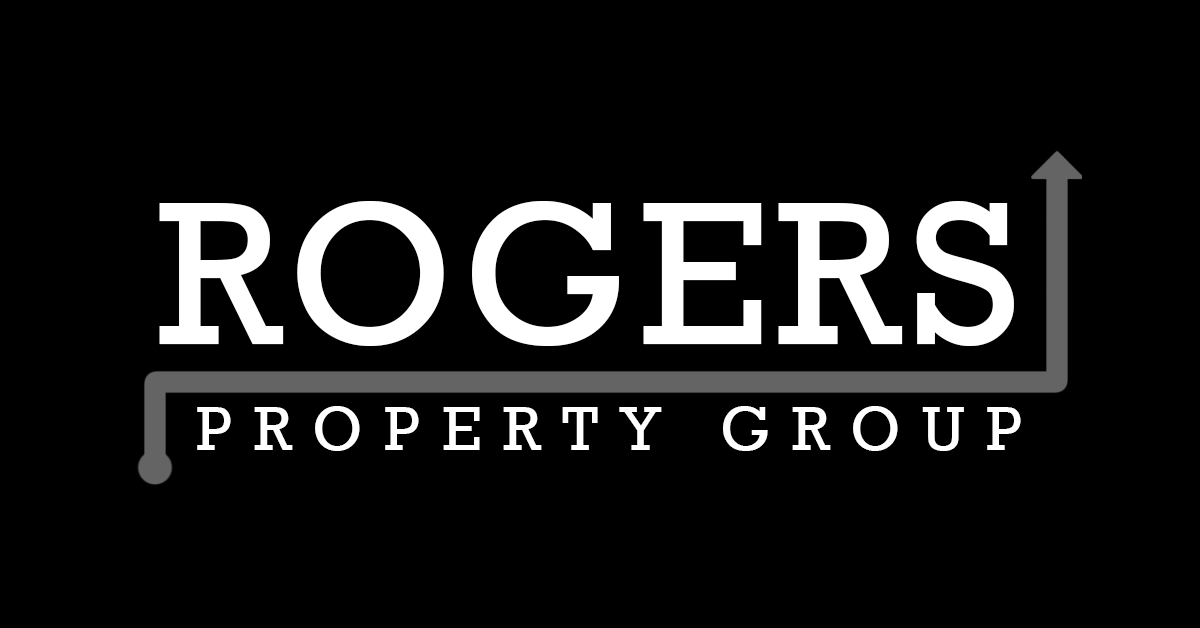- June 20, 2019
- Posted by: Rogers Property Group
- Categories: Australia Home Owners, Australian Property Market, Financial Planning, Latest News
The dreaded EOFY accounting rush is upon us. Everyone frantically trying to gather up lost receipts and making sure everything is in order for your business. But property accounting should not be as stressful as a business. Often it is the thought of doing it is actually worse than the doing. There are just a few things that you need to remember when it come to accounting for property:
- Interest Payments
- Rental Income
- Running expenses
- Depreciation
Interest Repayments
You should have 12 statements from your bank. It is quite easy to add the totals of these up to give you your biggest expense which is interest. Most banks give you a total of the interest paid now. Also – please remember that principal payments are not tax deductible.
Rental Income
Just like your interest, you should get 12 statements from your property manager detailing rent that you have received for the year. The statements should also show any expenses that the property manager may have spent on your behalf. The rent and expenses are usually summarised at the end from the manager a bit like a Profit and Loss statement. This will form the basis of your accounting for the investment property.
Running Expenses
This is probably the hardest part of the accounting for your investment (if you are disorganised) as you need to find out what you spent on the property personally outside of what the property manager spent. These expenses will include: Insurance, repairs, rates etc
Depreciation
If you own new property you are allowed to depreciate the house according to tax legislation. Remember though*** Tax laws changed in May 2017 to disallow depreciation on second hand properties. You are now only allowed to claim on new houses. It is best to check with a Quantity Surveyor and have them construct a report for you that will stand for the next 40 years.
Good luck and happy accounting.
